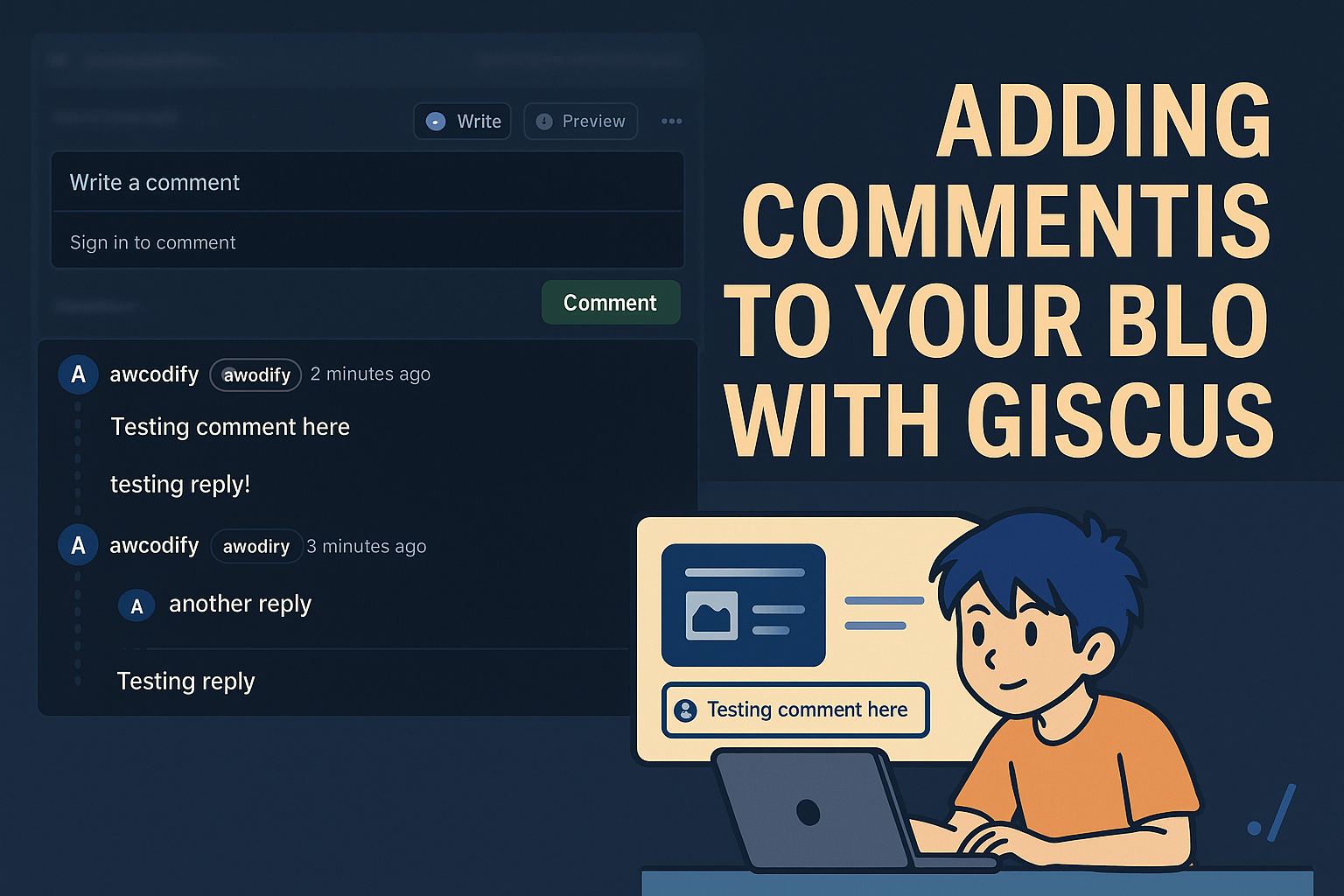Customizing Your Homepage Hero Section in Arsxy Theme
Learn how to customize or completely disable the homepage hero section in Arsxy Theme using simple configuration options.

The homepage hero section is often the first thing visitors see when they land on your website. It’s a crucial element for making a strong first impression and communicating your site’s purpose. With the latest update to Arsxy Theme, you now have complete control over the hero section through simple configuration options.
Hero Section Configuration Options
The new hero section configuration allows you to:
- Enable or disable the hero section completely
- Customize the title and subtitle text
- Change the hero image
- Configure custom buttons with different styles and links
All of these options are available through the _config.yml file, making it easy to adjust your homepage without editing any HTML or CSS.
How to Configure the Hero Section
To customize your hero section, open your _config.yml file and look for the hero configuration section:
# Hero section configuration
hero:
enabled: true
title: "Welcome to Arsxy Theme"
subtitle: "A clean, modern Jekyll theme for tech blogs and documentation"
image: "theme-demo.jpeg"
buttons:
- label: "Learn More"
url: "/about/"
primary: true
- label: "GitHub"
url: "https://github.com/awcodify/arsxy-theme"
primary: false
Understanding the Configuration Options
- enabled: Set to
trueto show the hero section orfalseto hide it completely - title: The main heading for your hero section
- subtitle: A brief description or tagline that appears below the title
- image: The filename of the image to display (should be located in your
assets/images/directory) - buttons: An array of buttons that will appear in the hero section
- label: The text to display on the button
- url: The destination URL when the button is clicked
- primary: Set to
truefor a primary button style (highlighted) orfalsefor a secondary style
Examples
Disabling the Hero Section
If you prefer a minimal homepage without a hero section, simply set enabled to false:
hero:
enabled: false
Creating a Custom Welcome Message
Customize the title and subtitle to create a personalized welcome message:
hero:
enabled: true
title: "Welcome to My Tech Blog"
subtitle: "Exploring software development, DevOps, and cloud technologies"
# rest of configuration...
Adding Multiple Call-to-Action Buttons
You can add as many buttons as you need, each with its own style and destination:
hero:
# other settings...
buttons:
- label: "Start Learning"
url: "/tutorials/"
primary: true
- label: "Join Community"
url: "/community/"
primary: false
- label: "View on GitHub"
url: "https://github.com/yourusername/project"
primary: false
Best Practices for Hero Sections
For the most effective hero section:
- Keep your title concise - Aim for 4-8 words that clearly communicate your site’s purpose
- Use a descriptive subtitle - Provide additional context about your blog or products
- Limit buttons to 2-3 - Too many options can overwhelm visitors
- Choose high-quality images - Make sure your hero image is visually appealing and relevant
- Test on mobile devices - Ensure your hero section looks good on smaller screens
Conclusion
The configurable hero section in Arsxy Theme gives you the flexibility to create a homepage that perfectly matches your brand and content strategy. Whether you want to showcase your latest products, welcome visitors with a personal message, or keep things minimal, you now have the tools to do so through simple configuration options.
For more customization options, check out our other guides on customizing your Arsxy Theme and SEO optimization.
Advanced Hero Customization
If you need even more customization beyond what the configuration options provide, you can create a custom hero by:
- Creating a new file at
_includes/hero.html - Adding your custom hero HTML in this file
- Editing
_layouts/home.htmlto include this file instead of the default hero
This gives you complete control over the hero section’s HTML structure while still maintaining the ability to disable it through the hero.enabled configuration option.


Comments